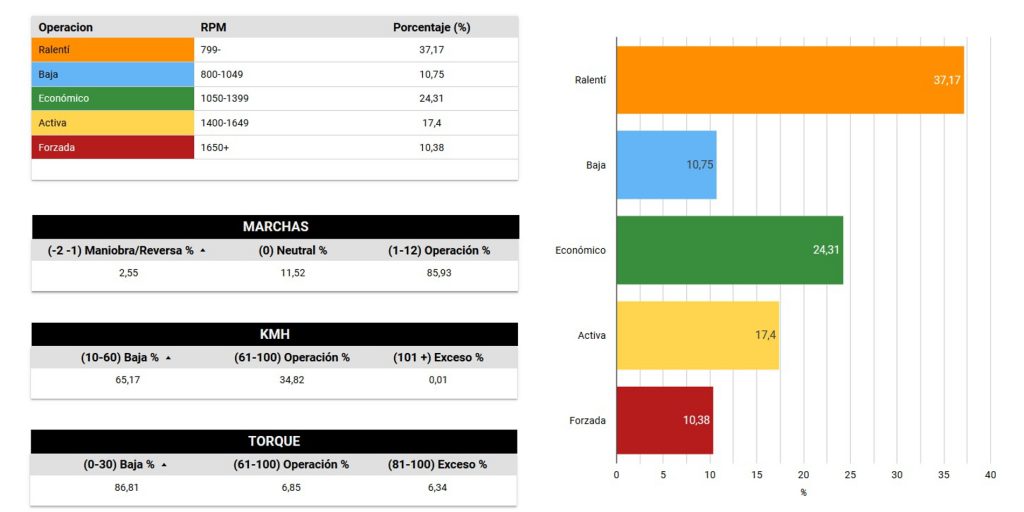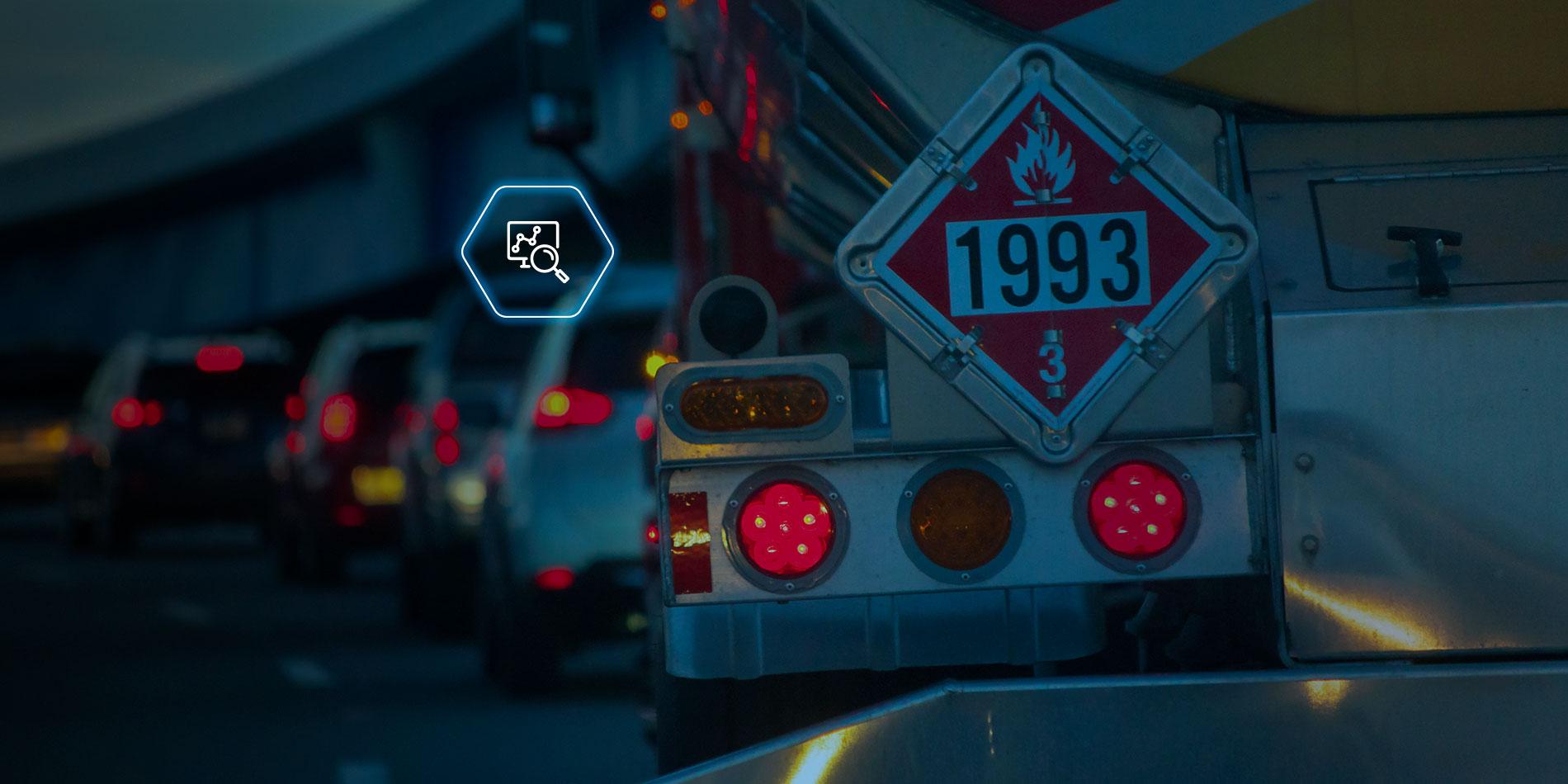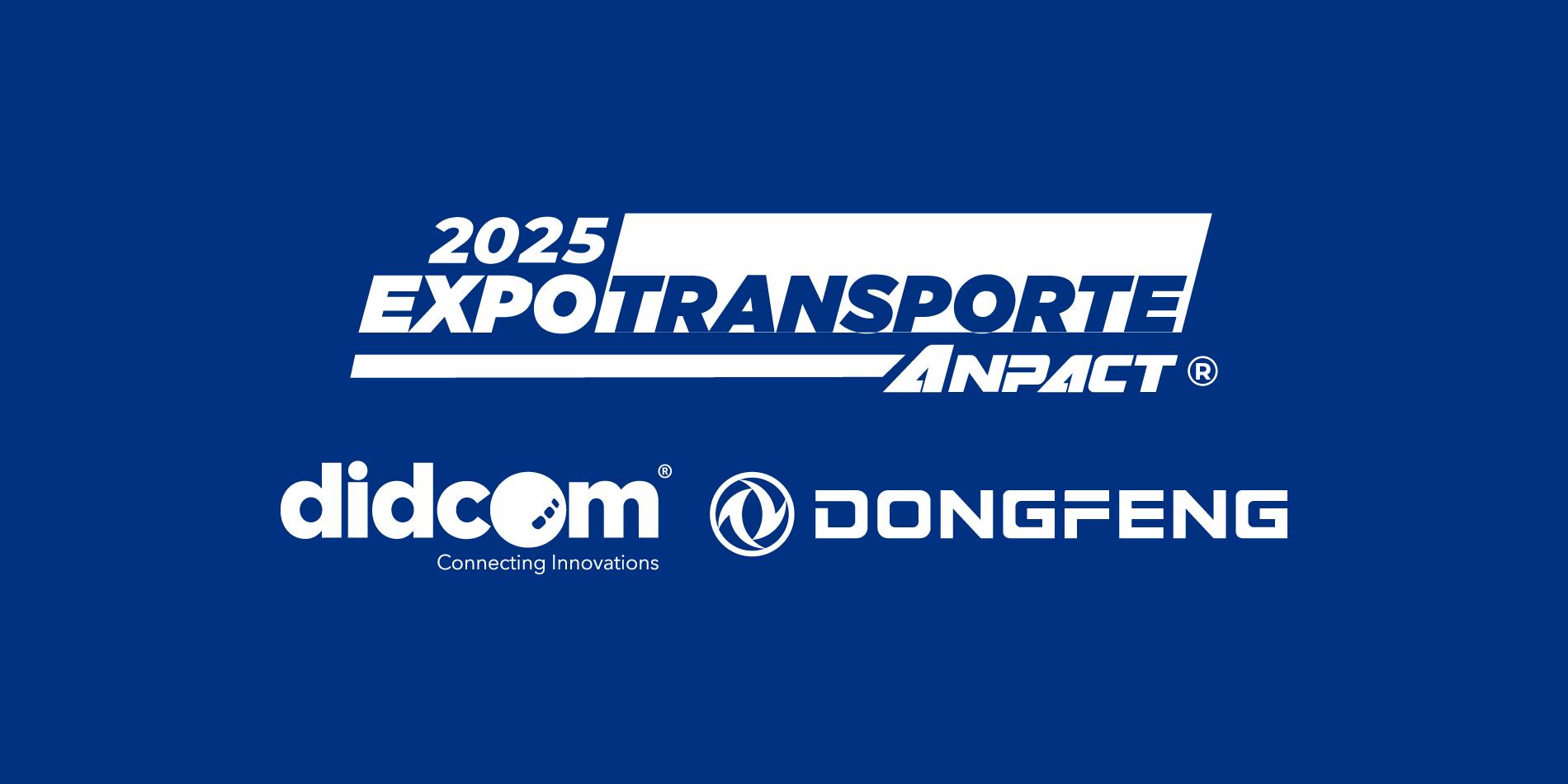Prevent Excessive Idling and Road Chaos from increasing Costs in your Fleet

Did you know that the average citizen of the 32 main cities in Mexico loses up to 6 days a year in vehicular traffic? Road chaos is a phenomenon that represents an increasingly high economic cost for Fleet Management.
There are several ways in which road chaos impacts operating costs for Automotive Transport Companies, a phenomenon that continues to rise due to the increase in population density and the increase in the registration of the vehicle fleet.
The average hours consumed per year in traffic in key cities in Mexico give rise to various situations that affect the efficient performance of your Transportation Fleets:
- Mexico City – 145.45 hours
- Toluca – 116.07 hours
- Puebla – 114.18 hours
- Monterrey – 113.36 hours
- Acapulco – 112.98 hours
- Querétaro – 93.91 hours
- Guadalajara – 98.44 hours
- Tijuana – 75.54 hours
- Cancún – 55.60 hours
- Hermosillo – 49.94 hours
The costs of vehicular congestion amounts to 94 billion pesos a year in the 32 main cities of the country and it is precisely the long waits in traffic that are the main cause of excessive idling in Fleet Management, a worrying fact for the fleet managers.
Idling longer than 10 seconds consumes more fuel and generates more CO2 than turning the engine off and on, excessive idling consumes a large amount of fuel and raises operating costs, it also generates an additional emission of greenhouse gases that can affect compliance with environmental impact regulations.
An average commercial truck can consume half a gallon of diesel fuel per hour while idling, a 2 hour standby time spends $780 usd per vehicle per year that could be decreased or avoided with an integrated Telematics Solution.
How does Road Chaos impact your Drivers?
Road chaos reduces operator productivity by up to 29%, raising their stress rates and leading to crisis episodes that can be reflected in their driving habits, thus generating risky situations behind the wheel.

Didcom helps you mitigate the impact of Road Chaos on your Fleet
Didcom’s Telematics Solutions facilitate the big Data analysis of the Fleet by having interconnected vehicles in a platform for real-time visualization, resulting in valuable information about the engine, routes and drivers to make timely business decisions.
Engine Performance
Although road chaos is in many cases unavoidable, detecting engine idling events and relating them to their location and their possible cause is key to avoiding excessive fuel consumption and avoiding high operating costs.
Route Programming
Determining the average speeds at different hours of the day helps to detect the traffic flow in order to assign the best routes according to the required operation,as well as avoid areas with a high accident rate, mitigating the theft risk.
Driver Evaluation
Making your drivers aware of the economic impact of idling time on operation, as well as training them in a personalized way according to their driving performance is more efficient and much less expensive than constant beginner training due to a high driver turnover.
Didcom helps Automotive Transport Companies to make the most of their resources and generate maximum efficiency for the operation, through the integration of technologies that help to monitor and analyze information for making smart business decisions.
Start today to reduce the Operating Costs in your Fleet!
Últimos Blogs
Últimas Noticias
Temas de interés







